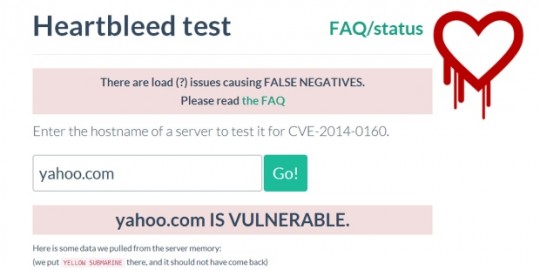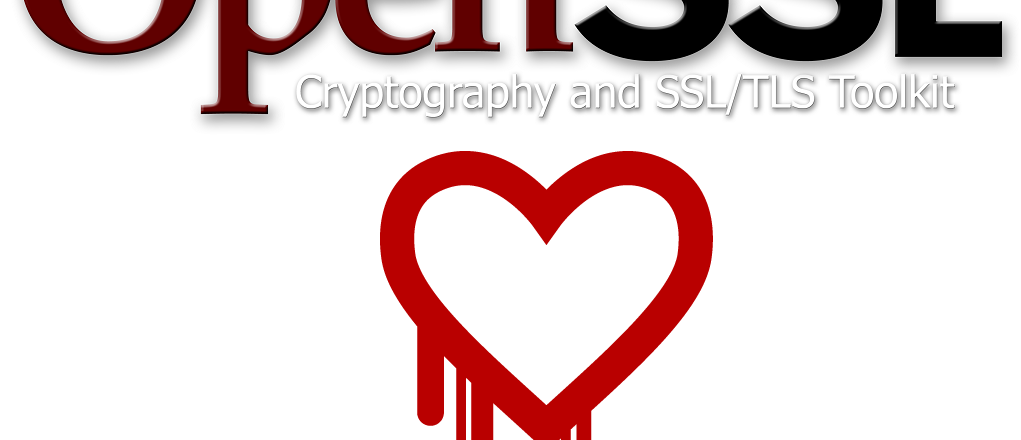
The OpenSSL bug known as Heartbleed has affected thousands of websites worldwide, even some common ones you use everyday. Mashable has done a terrific job of compiling a list of sites that have been affected, patches and more importantly the sites you should change your password on immediately.
Here is the list of major websites that have been patched, but you should change your password for immediately:
Facebook
Box
Tumblr
Google
Yahoo
Gmail
Yahoo Mail
Amazon Web Services (for website operators)
GoDaddy
Intuit (TurboTax)
Dropbox
LastPass
OKCupid
SoundCloud
Wunderlist
Etsy
Flickr
GitHub
IFTTT
Instagram
Minecraft
Netflix
Pinterest
USAA
Wikipedia(if you have an account)
These are major websites Mashable recommends users to change their passwords on. There are likely other sites out there that are affected too. Our previous article explains how you can check if your commonly used websites you have a login to are affected.
For further support on network or internet security, contact your local IT professionals.
Read More






